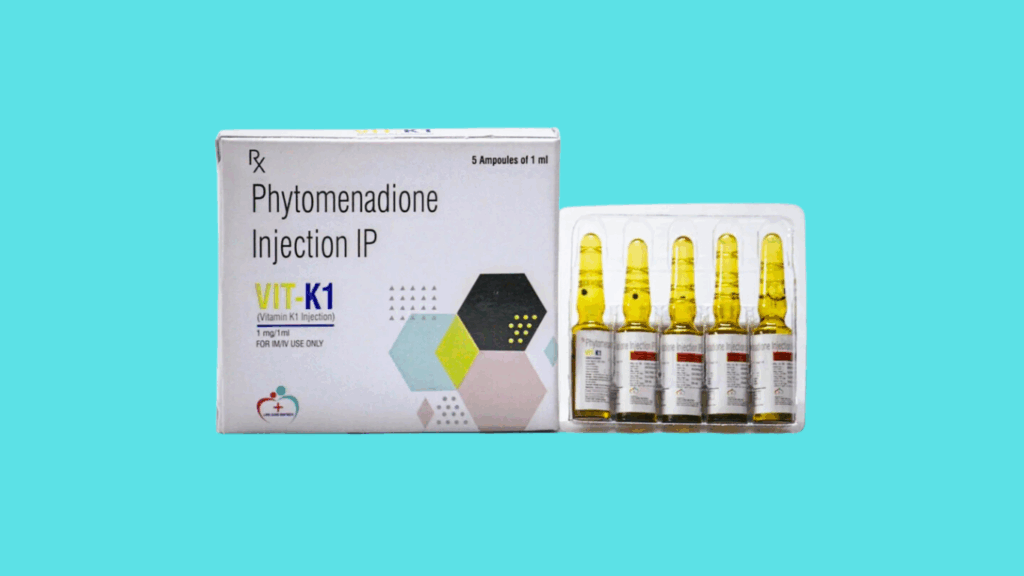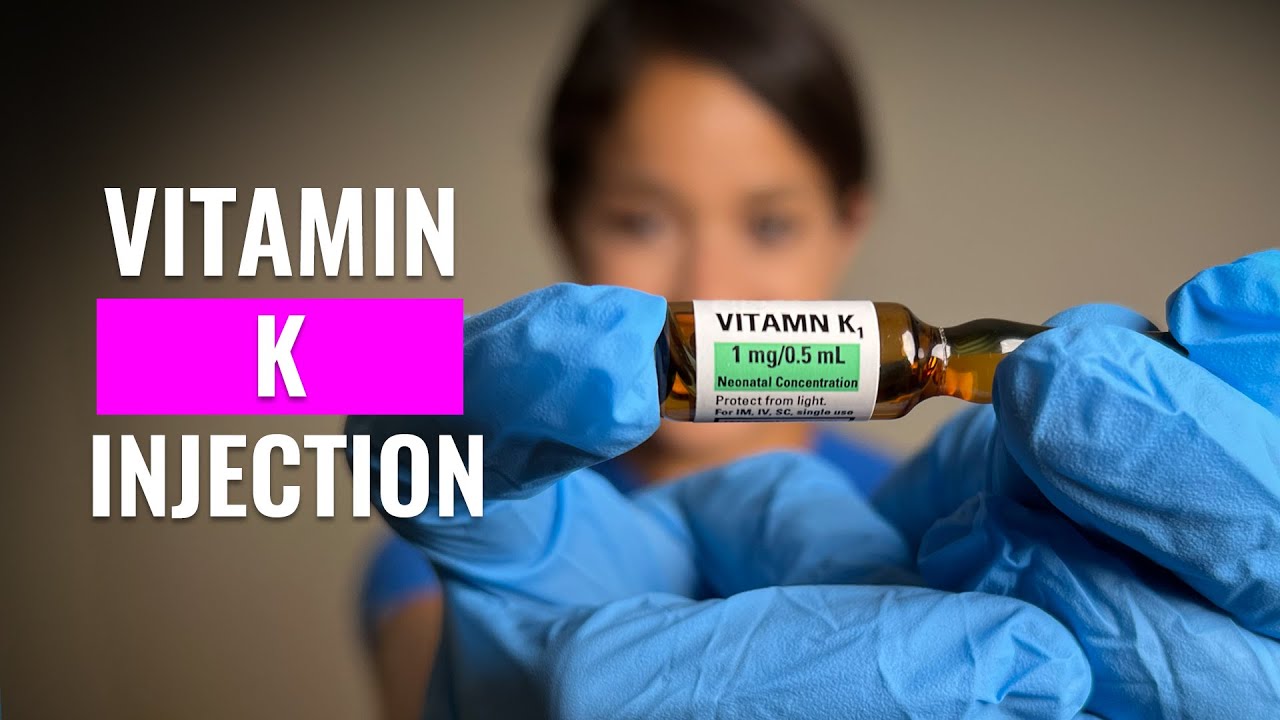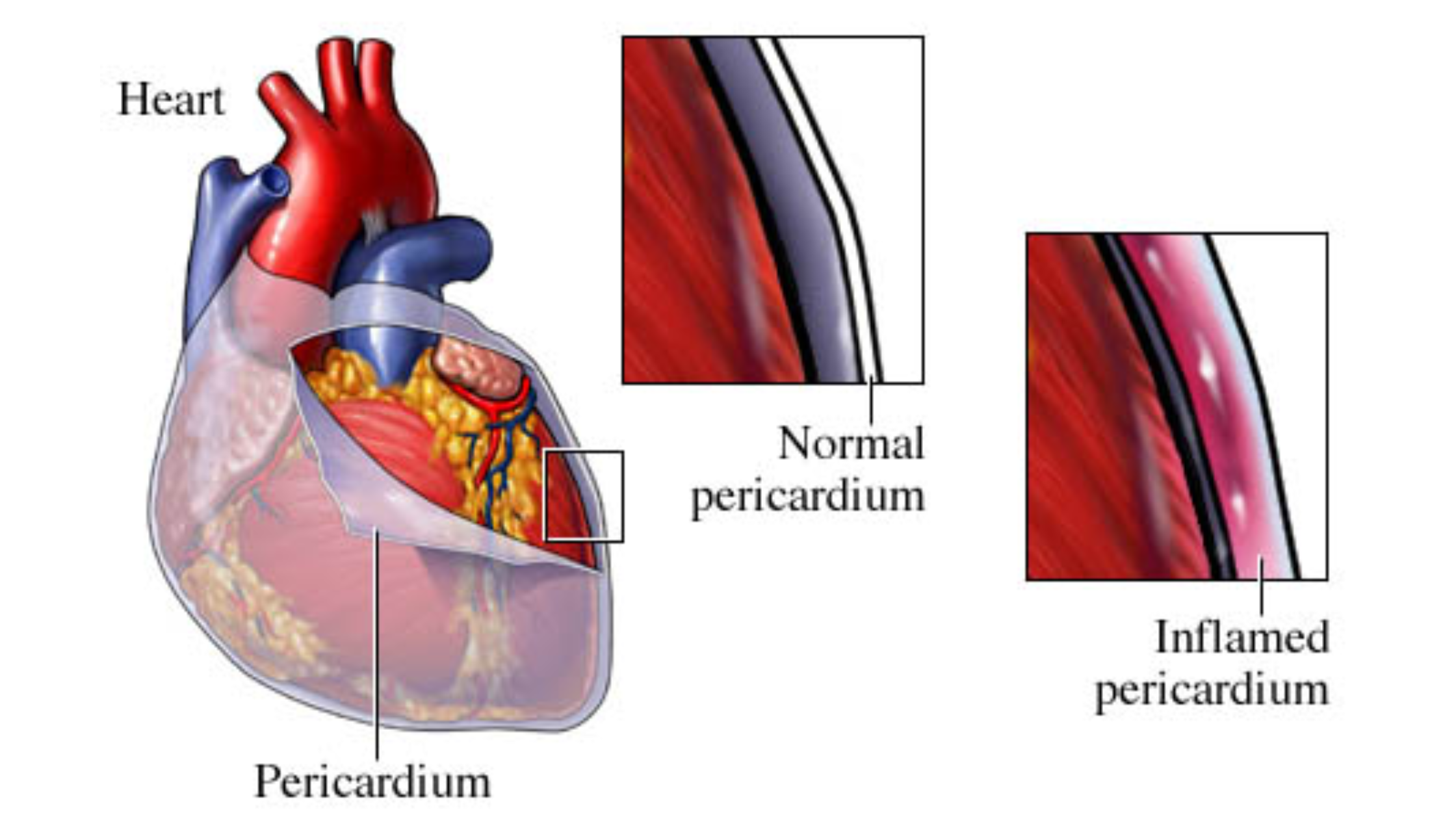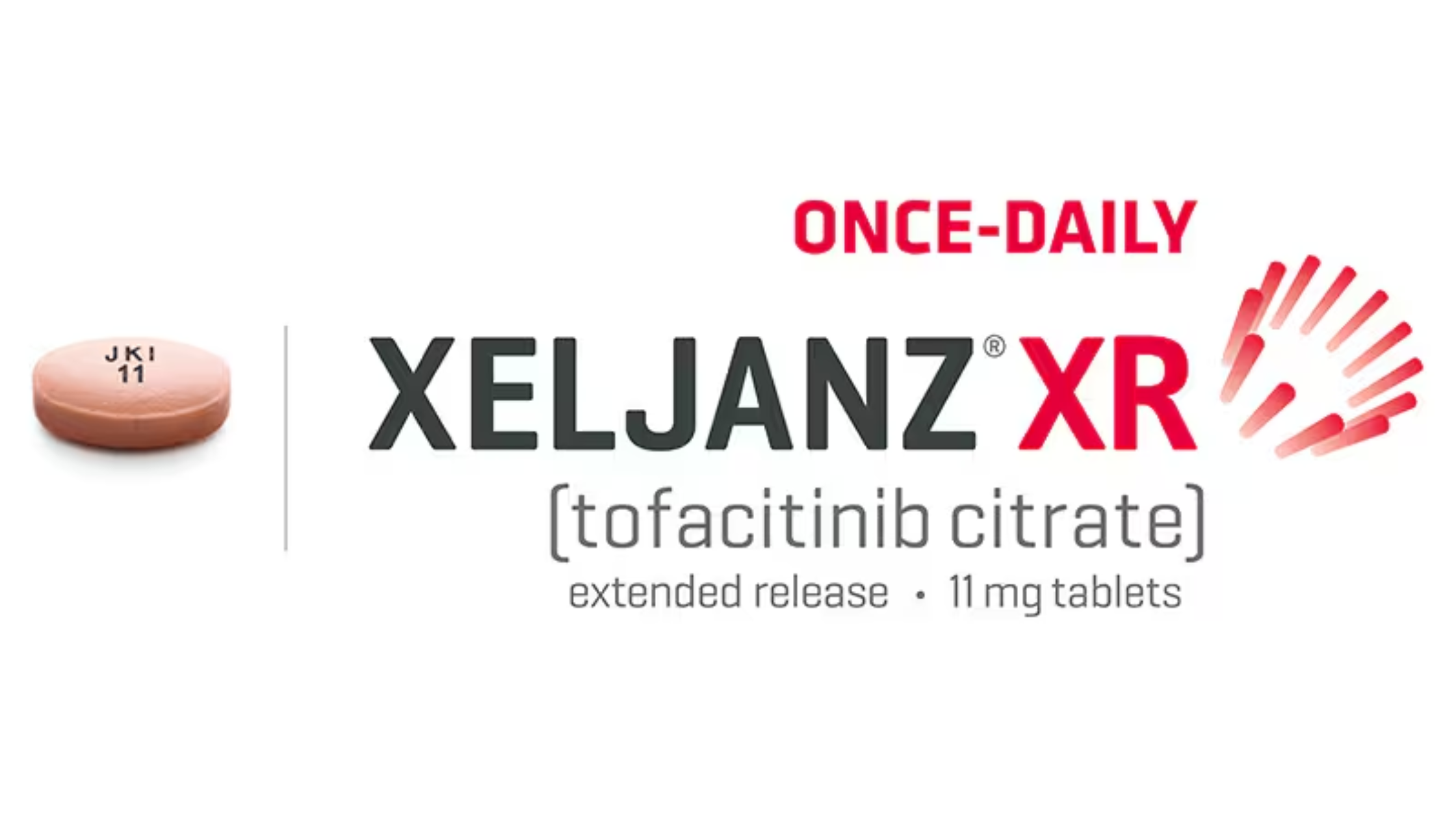Last updated on July 15th, 2025 at 10:04 am
As a doctor, one of the most common questions I get from expectant mothers is, “Why is a vitamin K injection given during pregnancy or immediately after delivery?” It’s an excellent question because while this may seem like a routine part of maternity care, it plays a life-saving role for your newborn.
What Is Vitamin K and Why Does It Matter?
Vitamin K is a fat-soluble vitamin essential for the body’s ability to form blood clots. Without enough vitamin K, your blood wouldn’t clot properly, putting you at risk of uncontrolled bleeding. This is particularly critical in newborns, whose natural vitamin K levels are extremely low at birth because:
- Vitamin K doesn’t cross the placenta easily.
- A newborn’s gut lacks the bacteria needed to produce vitamin K.
- Breast milk contains only small amounts of vitamin K.
This combination creates a high risk for a potentially fatal condition called Vitamin K Deficiency Bleeding (VKDB).

Why Is Vitamin K Injection Given in Pregnancy or at Birth?
While vitamin K injections are primarily given to newborns immediately after birth, in specific pregnancy cases — especially high-risk deliveries — the mother may also be administered vitamin K before labor.
Here’s why:
Prevents Vitamin K Deficiency Bleeding (VKDB) in Newborns
VKDB is a rare but potentially fatal bleeding disorder in newborns caused by low vitamin K levels. It can lead to internal bleeding, particularly in the brain (intracranial hemorrhage) or intestines.
A single injection of vitamin K at birth dramatically reduces this risk, providing the newborn with adequate levels until they can naturally produce it themselves.
Protects High-Risk Pregnancies
In some pregnancies, especially those complicated by:
- Cholestasis of pregnancy
- Certain liver conditions
- Use of anticonvulsants or anticoagulants by the mother
- Preterm labor risk
The mother may be given vitamin K injections before delivery to improve clotting factors in both mother and baby, reducing the risk of bleeding complications during and after childbirth.
Enhances Clotting Before Cesarean or Operative Deliveries
In planned C-sections or when forceps or vacuum deliveries are anticipated, vitamin K can be administered to the mother beforehand if there’s any bleeding risk. This ensures better maternal blood clotting and reduces postpartum hemorrhage risk.
Is It Safe to Take Vitamin K Injection During Pregnancy?
Yes — vitamin K is safe for both mother and baby when used appropriately under medical supervision. The recommended doses during pregnancy are carefully determined to avoid any risk to fetal development while offering maximum protection against hemorrhage.
How Is Vitamin K Given?
Vitamin K is typically administered as:
- An intramuscular (IM) injection is newborns immediately after birth.
- An IM or oral dose for mothers in select high-risk cases before delivery.
What Happens If Vitamin K Is Not Given?
Without vitamin K supplementation, a newborn’s risk of VKDB increases, especially during the first week of life, when bleeding episodes can occur in the brain, intestines, or under the skin, often with no prior warning.
Even exclusively breastfed babies (who get less vitamin K than formula-fed ones) are at higher risk if not supplemented.
Vitamin K injections are not just routine — they’re vital. Whether it’s given to a mother before delivery in specific scenarios or to every newborn after birth, this simple, safe, and highly effective injection can prevent devastating outcomes like brain hemorrhages and internal bleeding.
As a practicing doctor, I urge every expectant mother to discuss vitamin K supplementation with their healthcare provider. When it comes to protecting your baby, this tiny injection could be the most important shot they’ll ever receive. Find more health tips from the Medical Antidote.
Frequently Asked Questions (FAQs)
Q: Why is vitamin K given to newborns at birth?
A: To prevent Vitamin K Deficiency Bleeding (VKDB), a potentially fatal bleeding disorder due to low natural vitamin K levels in newborns.
Q: Can pregnant women receive a vitamin K injection?
A: Yes — especially in high-risk pregnancies involving cholestasis, liver disease, or medication use that affects clotting.
Q: Is vitamin K safe during pregnancy?
A: Absolutely. It’s safe when administered under medical guidance and can protect both mother and baby from dangerous bleeding complications.
Q: How is vitamin K given to mothers during pregnancy?
A: Typically via intramuscular injection, sometimes orally, in specific high-risk pregnancy cases.
Q: What happens if a baby doesn’t get a vitamin K shot?
A: The baby faces an increased risk of internal bleeding — including in the brain and intestines — during the first days and weeks of life.




